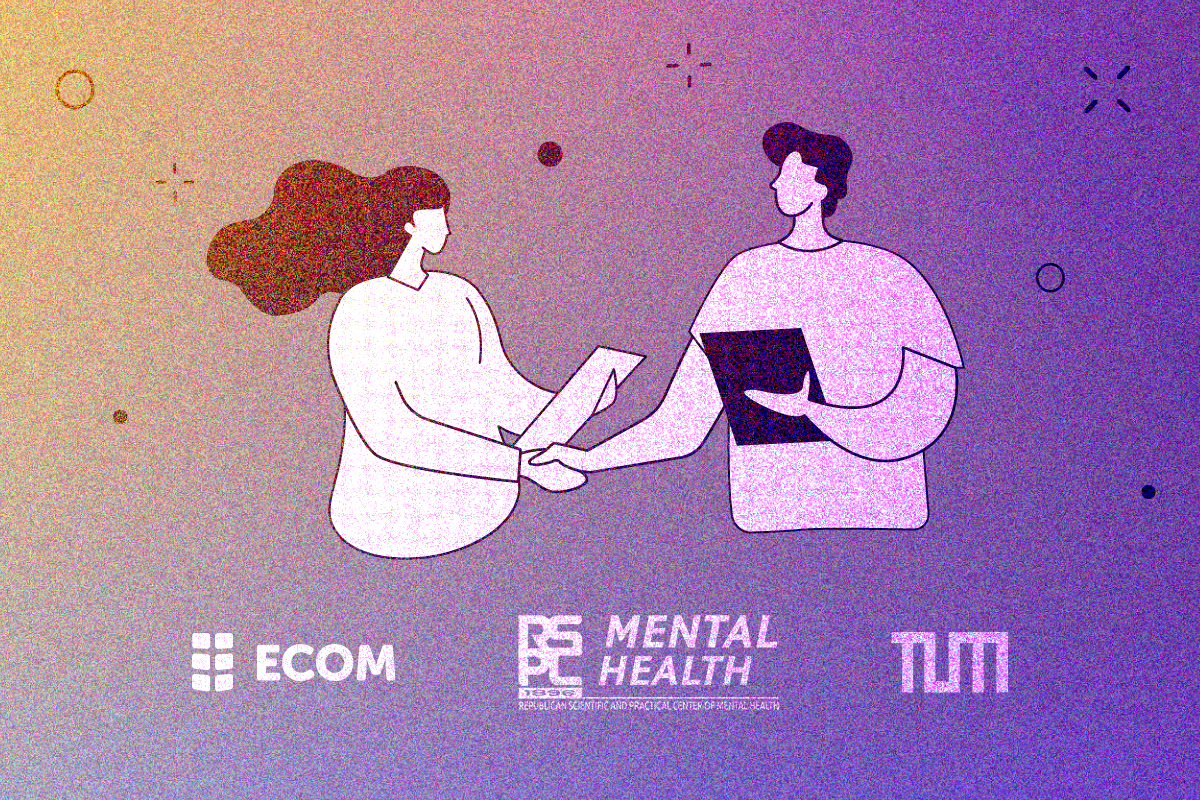ECOM’s Position Statement in relation to the Strategic Priorities of
the Global Fund to Fight AIDS, Tuberculosis and Malaria for 2017-2021
This document is also available as pdf from here
The Global Fund is currently developing its work strategy for 2017-2021. Eurasian Coalition on Male Health (ECOM) intends to actively participate in the development of this strategy, in order to contribute to the achievement of its strategic objectives, as well as to support the Global Fund in fulfilling its mission.
ECOM conducted a survey among its members and partners to develop its position concerning the objectives and directions of the Global Fund's work for the next 5 years so that men who have sex with men (MSM) and transgender people (TG) living in the countries of Eastern Europe and Central Asia (EECA) receive the necessary protection and support in the HIV response.
ECOM believes that the following issues and objectives must be included in the Global Fund strategy so that MSM and TG are provided, on an equal basis with others, the opportunity to protect themselves from HIV infection and to contribute to national and global actions against the HIV/AIDS epidemic:
1. Increasing the availability of resources for targeted programs aimed at MSM and TG
Programs, tailored to the specific characteristics and needs of key populations and that are targeted at the provision of services for these groups (targeted programs), are the foundation of an effective response to the epidemic. This is due to several factors:
— The marginalization of and discrimination against MSM and TG: men who have sex with men and transgender people face prejudicial attitudes when interacting with government officials, law enforcement agencies and medical institutions, which often entails discrimination when seeking medical care, prevention services or social support.
— Economic efficiency: targeted programs allow resources to be sent directly to where there is an active epidemic, thereby achieving the best effect with respect to prevention, as well as to helping those living with HIV.
— Ensuring sustainability and continuity: targeted programs allow communities to better understand the extent and causes of their own vulnerability to HIV infection and enable them to coordinate the direction of change in their own lives to reduce risk and support each other.
We expect that the new Global Fund strategy for 2017-2021 will include the following:
— Тhe Global Fund will strive to reduce the rate of HIV infection among MSM and TG in the EECA region by no less than three times.
— National grants will be supplemented by regional programs that provide advocacy support and technical assistance to LGBT organizations in EECA countries.
— With the support of the United Nations system and other partners and donors of the Global Fund, along with governments that request help, work will be undertaken to ensure national co-funding of targeted programs aimed at providing HIV prevention and support services for MSM and TG. The co-funding should include support from national resources to LGBT community organizations, working in the fields of health and human rights.
— The NGO rule will be actively used for work in lower- and middle-income countries, especially in cases where the national government does not provide targeted programs aimed at MSM and TG, as well as for the Global Fund's 'soft exit' from a country.
2. Improving Information
Only after the cause of AIDS in humans and the widespread prevalence of HIV became known were people able to begin fighting the epidemic. MSM and TG will only have the chance to protect their health and their lives if decisions about what kinds of interventions are necessary and to what extent they are needed are made on the basis of data about the size of MSM and TG populations, the specifics of their behavior, the effectiveness of various interventions, and the barriers that prevent MSM and TG from receiving quality HIV prevention, treatment and support services in a timely manner.
We see many examples, where, due to homo- and transphobia, politicians and health officials refuse to collect the necessary data or do not use existing data for decision-making. MSM and TG are the most important stakeholders in obtaining and using relevant data. However, community organizations and activists do not always have the necessary skills and resources.
We expect that the new Global Fund strategy for 2017-2021 will include the following:
— The Global Fund will develop and implement policies to ensure a sufficient range and quality of data in order to enhance investments in public health.
— Within the framework of national and regional grants, dedicated funding will be allocated (or a quota as a percentage of the amount of the grant will be determined) to developing the capacity of communities to collect and analyze strategic information, necessary for communities to advocate and collaborate with national governments.
— The Global Fund and the World Health Organization will give due attention to the issue of the interaction of drugs used for sex-reassignment procedures, opioid substitution therapy, and HIV antiretroviral therapy.
3. Human rights as a universal framework for cooperation
The protection of and respect for human rights allows us to develop the dialogue and cooperation between all stakeholders involved in the response to the HIV epidemic. This dialogue reduces the risk of conflict, as well as disparate and contradictory actions. Developing a dialogue on the basis of human rights is not always easy, however, it has already allowed governments, organizations representing vulnerable communities, and businesses to learn from each other and cooperate with each other in the fight against the epidemic.
Respecting human rights ensures that national public health programs and public health services are accessible by all parts of society.
We expect that the new Global Fund strategy for 2017-2021 will include the following:
— The Global Fund will continue to improve its policy on human rights, including on discrimination based on sexuality and gender. To do this, the Global Fund should develop clear and simple criteria and indicators to assess how effectively projects supported by the Global Fund use human rights to fight the epidemic.
— The Global Fund will actively use the NGO rule and regional grants in cases where national governments cannot guarantee the access of MSM and TG to HIV prevention, treatment and support services on an equal basis with other groups of society.
— The Global Fund will support the monitoring of human rights violations and cases of discrimination against MSM and TG.
— Special attention will be paid to cooperation between medical, social, and human rights organizations and law enforcement agencies, to prevent violence and abuse towards MSM and TG, which represents one of the main obstacles to providing MSM and TG with broad coverage of HIV prevention, testing, and treatment.
— The topic of human rights violations and discrimination against MSM and TG, as well as against other key populations, will become a mandatory issue in the supervision of Country Coordinating Mechanisms.
4. Innovations to improve the efficiency of investments
Innovations are important for improving the efficiency of investments. But equally important is the fact that the possibility of innovation creates additional incentives and opportunities for members of LGBT communities to become actively involved in combating the HIV epidemic. The well-known and widely used concept of 'peer support' is a striking example of this.
We expect that the new Global Fund strategy for 2017-2021 will include the following:
LGBT community organizations will receive support, not only for the rapid implementation of best practices, but also for the development and testing of innovative approaches and methods of work, such as:
— HIV prevention drugs for MSM and TG (in connection with sexual activity and/or the use of injections for administration of drugs or narcotics);
— targeted programs for sub-groups of MSM and TG, such as sex workers;
— programs for MSM and TG who use drugs;
— programs for teenage MSM and TG;
— home HIV testing programs;
— M&E programs based on the reports of clients and patients;
— further development of 'peer support' programs, using MSM and TG social networks;
— programs on safe drug use for transgender people who use drugs or who are undergoing hormone therapy;
— the search for new economic models for the sustainability of community systems.
Download this document as pdf from here






Комментарии
Пока никто не оставил комментарий